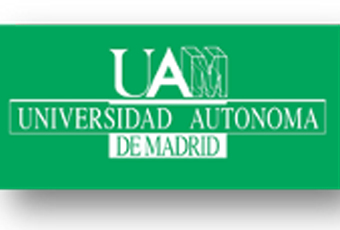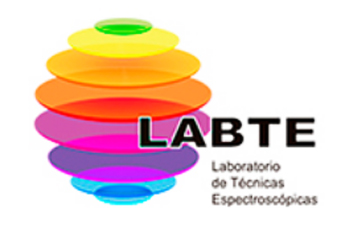Clean fuels for transport from agro-forestry waste
RESTOENE-2 Program establishes a well-defined strategy that allows to obtain clean fuels for transport from ligno-cellulosic precursors. This option is especially attractive for the Community of Madrid, due to the importance that has urban in the transport sector and the volume of solid waste generated.
To achieve the objective, this programme brings together capabilities and scientific potential of several research institutions in the Community of Madrid: Instituto de Catálisis y Petroleoquímica-CSIC, Universidad Rey Juan Carlos, CIEMAT, IMDEA-Energía y Universidad Autónoma de Madrid, whose competences, experiences and scientific infrastructures are appropriate and complementary to the development of a programme of activities of R+D of this magnitude.
Restoene-2 count also with the participation of companies ABENGOA, REPSOL, EXIDE and IBERCAT as companies associated with the programme, which means add the collaboration of industry leaders in the sector of bio-fuels and energy.
The technologies referred to the development of the project include: chemical and enzymatic hydrolysis of ligno-cellulosic material, fermentation of sugars to produce bioethanol, thermal and catalytic pyrolysis of fractions of biomass to produce bio-oils, esterification/Transesterification of oils of low quality rich in fatty acids free, renovated bioethanol-polyols and pyrolysis products for syngas and hydrogen, syngas conversion to fractions of petrol/diesel and hydrogen and bio-ethanol conversion to electricity through fuel cells.
ICP-CSIC
Sustainable energy and chemical group (EQS) The group develops its research activities in the areas of energy, chemistry and chemical technology, and specifically in synthesis and structure of heterogeneous catalysts and Organometallic, chemical and energy processes, and engineering and optimization of catalytic systems involved in these processes. The group consists of about 40 people dedicated to scientific work and is responsible for Prof. José Luis García Fierro
CIEMAT
Biofuels Unit. CIEMAT The biofuels unit of the Department of renewable energies CIEMAT, Center of research energy environmental and technological, aims at the development of R+D projects in the area of biomass lignocellulosic energy purposes by means of biotechnological processes. Develop these processes efficiently and at low costs provided that they can be adopted by the industry. Directs Dr. Mercedes Ballesteros.
GIQA-URJC
Chemical and Environmental Engineering Group, GIQA-URJC Chemical and Environmental Engineering Group of the URJC is responsible for teaching in different degrees in the field of chemical technology, environmental and energy. The group carries out research in various areas, including: heterogeneous Catalysis and development of processes for the minimization of environmental pollution and for the production of new fuels. Directed by Dr. J.A. Melero
IMDEA ENERGY
Thermochemical Processes Group, IMDEA EnergyThe main activity is the development and improvement of the production processes of fuels with lower environmental impact: production of fuels based on products derived from biomass through pyrolysis and hydrodeoxygenation treatment. Production and use of H2 as energy carrier from renewable resources. Research on the decarbonisation of methane and biogas for CO2-free hydrogen production are currently underway. Enhancement of CO2 and its conversion into fuels. Directed by Dr. Juan M. Coronado.
UAM
Department of physical chemistry, UAM The Department of Chemical Physics applied consists of three major areas of knowledge: physical chemistry, chemical engineering and food technology. The Department's research is both experimental and theoretical including basic and applied research. The physical chemistry studies the physical principles fundamental to governing the properties and behavior of chemical systems from the study of matter both a point of view of its molecular structure or nanoscopic to large-scale or macroscopic. Directed by Dr. Pilar Ocón
LABTE REDLAB 165
LABTE, Spectroscopic Techniques Laboratory, RedLab 165 The laboratory of technical Espectroscopticas (LABTE) is a laboratory that arises as a consequence of the integration of several analytical techniques for giving support to various contracts for provision of services entered into between the URJC and different companies, mainly in the sector of production of oil and derived products. It currently offers a range of methods that include over 75 different procedures distributed among 12 instrumental analytical techniques. Directed Dr. J. Iglesias














